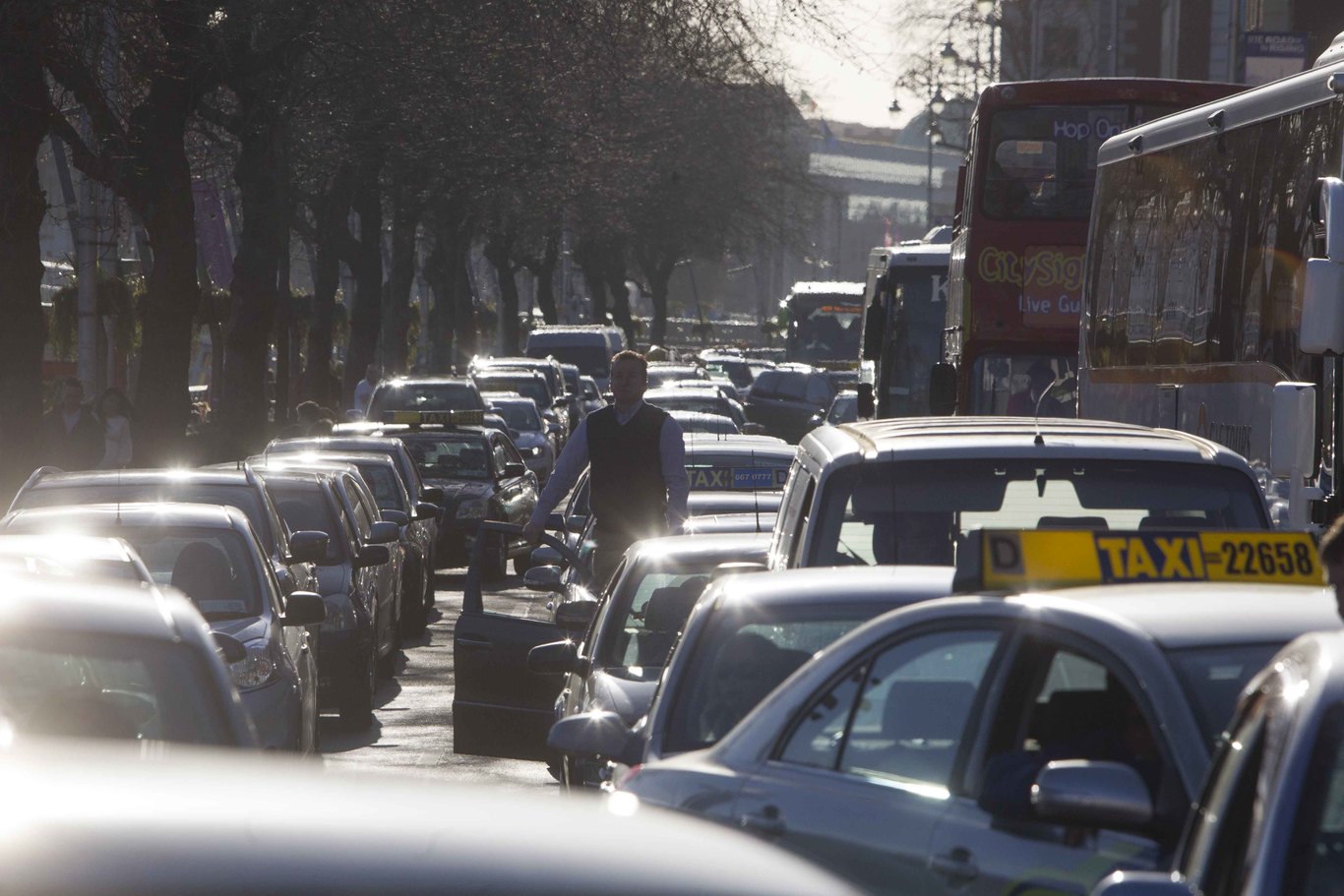Is Ireland really equipped to benefit from more foreign investment post-Brexit?
The country’s poor infrastructure will stifle its capacity to absorb extra jobs and business.
THE OUTCOME OF the British referendum and the decision for the United Kingdom to leave the European Union will have a significant impact on the Irish economy.
The short-term impact is already being felt in the immediate aftermath of the vote with currency fluctuations and unsettled markets.
The longer-term implications in terms of the potential introduction of trade barriers, tariffs and our border with Northern Ireland remain unknown and will lead to speculation and uncertainty in coming months.
Despite the unknowns and the period of uncertainty, there are some potential positive implications for Ireland that may become manifest following Britain’s withdrawal from the EU.
Some commentators have pointed to the potential opportunity for Ireland to attract increased foreign direct investment (FDI) from multinationals searching for a European base from which to access the single market.
Ireland currently competes with the UK and other EU member states as a location for FDI and it is a certainty that the eventual withdrawal of the UK from the EU will lead to Ireland becoming relatively more attractive as a location from which to do business.
Could an increase in foreign direct investment compensate in some small measure for the wider negative implications being wrought by Britain’s exit? One would hope so, but the question we need to ask ourselves is whether Ireland actually has the capacity to successfully absorb significant increases in levels of FDI.
Reaching capacity
The Irish economy has rebounded strongly from recession and has been expanding rapidly. Unemployment has fallen and economic activity has increased significantly. All positive news, but one of the effects of this is that our economy is moving towards operating at capacity on a number of fronts.
There is currently a shortage of prime commercial space in key urban areas. Similarly, we are all aware of the housing challenges facing the country. Where do we propose employees and their families attracted by any new FDI will live?
A lack of investment in Ireland’s infrastructure since the start of the economic downturn has led to the depreciation of the existing infrastructure stock. At the same time, demographic changes are placing ever greater pressure on our infrastructure system and new infrastructural needs are emerging.
Projected increased in levels of public capital expenditure laid out in the latest government projections remain low by historical and international standards, according to the Irish Fiscal Advisory Council.
Do we have enough workers with the skills necessary to meet the employment needs of potential new investors? The OECD and others have highlighted severe skills mismatches and gaps as a threat to Ireland’s economy.
Although Ireland has one of the highest proportions of third-level graduates in the developed world and much of the Irish workforce is well qualified, many have insufficient or mismatched skills to obtain employment.
If there is to be any silver lining from a profoundly negative outcome of Brexit, Ireland must plan and prepare to facilitate any likely increase in FDI by addressing the need for increased capital investment.
Investment in key infrastructural projects to help meet this demand must be a priority for the government to protect our economy from the negative implications that Brexit may have on our ability to grow.
The European Commission has an opportunity to demonstrate support for its members by taking a more nuanced approach to the application of the fiscal rules of the Stability and Growth Pact.
That Ireland has exited the excessive-deficit procedure should provide some comfort to the commission that we are effectively managing our economic recovery and our public finances.
Allowing Ireland the flexibility to allow the funding of necessary infrastructure investment will support our long-term economic growth. The result of the referendum has made it more important than ever for Ireland to invest in our economy rapidly.
Mark O’Mahoney is director of policy and communications at Chambers Ireland.
If you want to share your opinion, advice or story, contact opinion@fora.ie.






